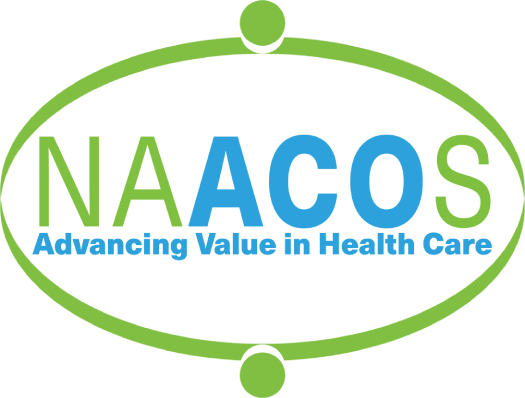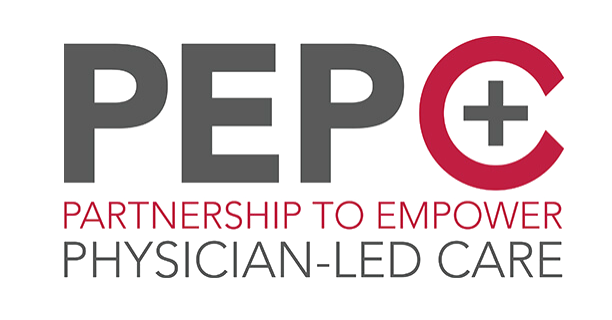
Shaping value-based care transformation
Contact Us.
What is the Policy Institute?
As a Public Benefit Corporation, Aledade prioritizes efforts that advance social good and not just business objectives as part of its mission. The Institute will play an important role in that by sharing insights to enrich health care policy discussions for state and federal leaders.

Our policy insights
Discover how our insights and expertise advance value-based primary care.
Health Care Value Week places the spotlight on value-based care
Apr 7, 2025
Translating Advocacy Skills into Action: Aledade’s National Policy Collaborative Shares Tools for Success
Dec 4, 2024
Understanding the 2025 Final Physician Fee Schedule: Essential Updates for Primary Care
Nov 13, 2024
Aledade’s Annual Hill Day Puts Spotlight on Growing Support for Primary Care and Accountable Care
Sep 18, 2024
A record of wins for primary care
-
2024: Shaping the Primary Care Flex Model
Our advocacy played a crucial role in shaping CMMI’s new Primary Care Flex Model in MSSP. Major elements of this model were significantly influenced by Aledade. We initiated the conversation around “MSSP as chassis for innovation,” and CMS adopted this language to describe the new model, which incorporates prospective primary care payment and enhanced payments for primary care.
-
2023: Introducing the Primary Care Flex Model
Our state legislative achievements included creating primary care administrative burden reduction legislation in Arkansas and incorporating exceptions for value-based care in prior authorization legislation within the state.
-
2022: Making the case for continued growth in ACOS - MSSP as a chassis for innovation
At Aledade, we believe there is opportunity for significant growth in ACOs. In the fall of 2021, we outlined the case for using the MSSP as a “chassis” for innovation. In 2022, we followed up with a series of policy briefs to engage policymakers to continue to build on the success in four ways: incorporating desired elements from the Next Generation ACO model, primary care capitation, value-based insurance design and addressing inequity in health care.
-
2021: Demonstrated through data how ACOs can lead to better health outcomes and reduced health care spending
Aledade's retrospective case study, published in the American Journal of Accountable Care, shows that over four years, five Aledade MSSP ACOs prevented 10,917 hospitalizations, 19,338 emergency department visits and 8,859 skilled nursing facility visits compared to regional competitors. This was largely due to improved care transitions and preventive care, such as annual wellness visits, which were performed at 265% above the regional average in 2019. The study highlights that value-based care can reduce costs and improve care quality by increasing preventive care and reducing acute service utilization.
Solidifying a state policy presence: Our state legislative efforts took shape this year by creating cohorts of engaged physicians and clinical staff across several states, all aiming to solidify the sustainability of primary care at the local level.
-
2020: Adjusting COVID-19 benchmarks
Aledade played a crucial role in advocating for changes to the benchmarking methodology, which transformed a potential benchmarking disaster into the financial alignment we aim to achieve. By pushing for adjustments to trend benchmarks, Aledade ensured that the high level of response to COVID-19 by its partner practices was reflected in the savings. As a result, 2020 became a standout performance year for the ACO, showcasing the effectiveness of these adjustments.
Protected independent practices during the pandemic: The pandemic created unprecedented financial challenges for the health care system and was especially difficult for primary care organizations, who generally operate on slim margins under normal circumstances. Aledade advocated for independent primary care practices to be able to take advantage of the financial support from federal relief program rulings.
-
2019: Demonstrated the value of ADT notices to CMS, leading to mandatory reporting:
Showed CMS that Admission, Discharge, and Transfer (ADT) notices improve health and save money through compiling data and research, and broad advocacy. The next year, CMS included ADT notices as a condition of participation with Medicare under Medical Record services.
-
2018: Changing the definition of risk
Previously, multi-billion dollar health systems and small primary care practices were required to take on the same dollar amount of risk. Aledade proposed linking risk to revenue, ensuring that primary care organizations would take on the same percentage amount of risk relative to their revenue. This proposal was successful and became part of the CMMI model (Track 1+), and it is now integrated into the permanent Medicare Shared Savings Program (MSSP).
-
2017: Helped bring about regional benchmarking for ACOS
Regional benchmarking gives a more accurate picture of the savings ACOs provide to Medicare, and rewards ACOs that do a better job of controlling costs than their neighbors.
Policy Institute Advisory Council
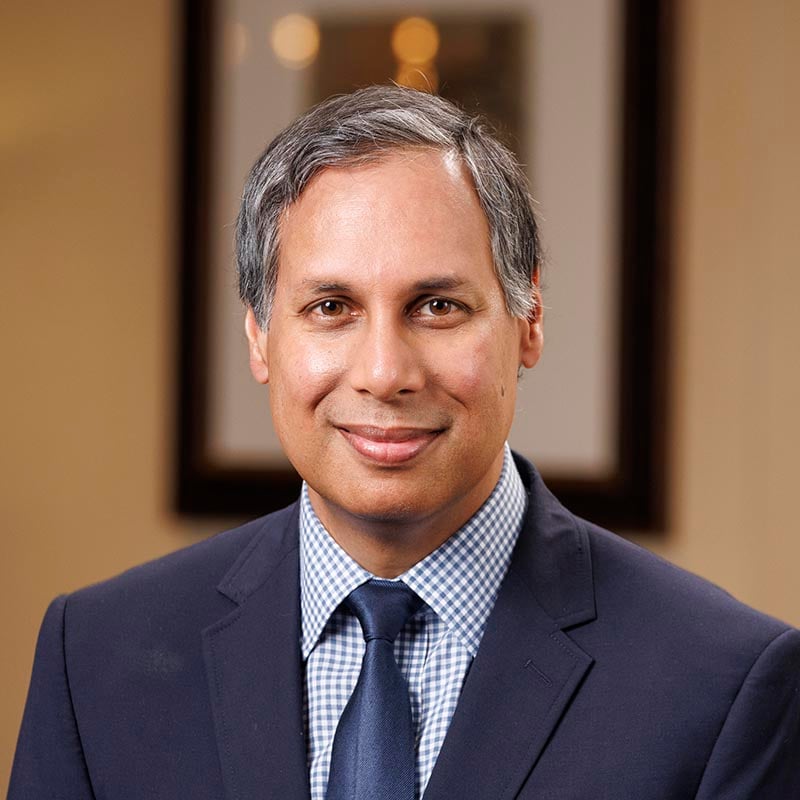
Avik Roy
Avik Roy
Avik Roy is President & CEO of the National Institute for Health Care Management. He is also co-founder and Chairman of the Foundation for Research on Equal Opportunity, a non-partisan, non-profit think tank working to improve social mobility using freedom, innovation, and pluralism.
Roy has served as a policy advisor to several presidential candidates, and his work has been praised on both the right and the left. NBC’s Chuck Todd, on Meet the Press, said Roy was one “of the most thoughtful guys [who has] been debating” health care reform.
Roy was an Aspen Institute Health Innovators Fellow from 2022 to 2024. He serves on advisory boards at the National Academy of Medicine, the Peterson Center on Healthcare, the University of Pennsylvania, the Milken Institute, the Bipartisan Policy Center, and other institutions; and co-chaired the Fixing Veterans Health Care Policy Taskforce.
Along with Forbes, where Roy served as the Opinion and Policy Editor for a decade, Roy’s writing has appeared in The Wall Street Journal, The New York Times, The Washington Post, USA Today, and The Atlantic, and elsewhere, and frequently appears on national television news programs.
Previously, Roy worked as a health care investor at Bain Capital, J.P. Morgan, and other firms.

Ceci Connolly
Ceci Connolly
Ceci Connolly is a nationally recognized thought leader, author and chief executive officer of the Alliance of Community Health Plans (ACHP). But if you refer to her as a former ink-stained wretch, she won’t object. Ceci spent 25 years in the news business, covering politics and health care, including 13 years at the Washington Post. In 2024 she was named one of Modern Healthcare’s 100 Most Influential People. She is co-author of Landmark: America’s New Health Care Law and What It Means for Us All. Between her journalism career and ACHP, she worked at McKinsey and PwC, concluding that fee-for-service medicine is what ails us. Her passion now is to put a stake in it. She is a founding member of Women of Impact, serves on the Board of the Pharmacy Quality Alliance and a previous Board member of Whitman-Walker Health. Ceci was the first non-physician to receive the Mayo Clinic Plummer Society Award for promoting deeper understanding of science and medicine. She remains an adrenaline junkie and stickler for good grammar.

Michael Chernew
Michael Chernew
Michael Chernew, PhD, is the Leonard D. Schaeffer Professor of Health Care Policy and Director of the Healthcare Markets and Regulation Lab at Harvard Medical School. His research focuses on improving
the healthcare system through improvements to benefit designs, payment models, and regulation of both private and public health care markets, including the Medicare Advantage program.
Michael is Chair of the Medicare Payment Advisory Commission (MedPAC) and has served on several advisory panels for CMS. He is a member of the Congressional Budget Office’s Panel of Health Advisors and the Massachusetts Health Connector Board. Michael holds a PhD in economics from Stanford University and has received multiple awards for his work in health care policy.
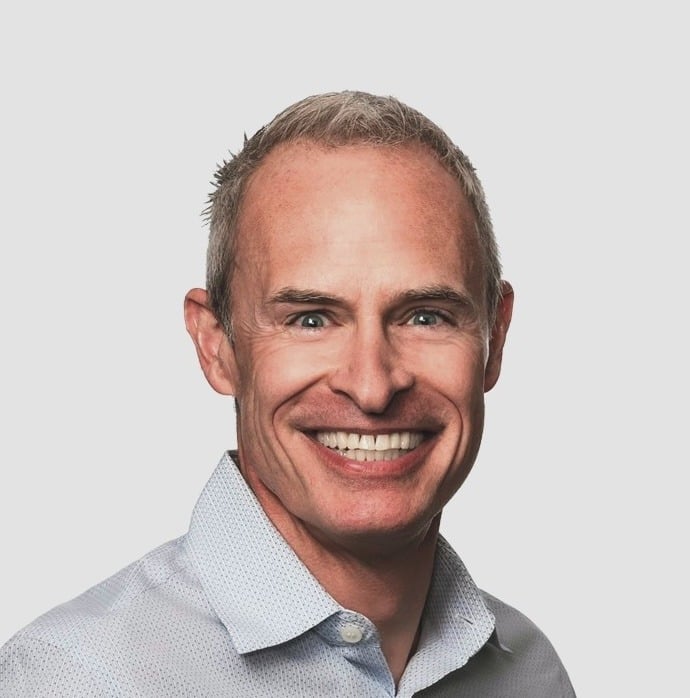
Dr. Bob Kocher
Dr. Bob Kocher
Dr. Bob Kocher is a Partner at Venrock, focusing on health care IT and services investments. He is also an Adjunct Professor at Stanford University School of Medicine and Senior Scholar and Advisory Board Member at the Leonard D. Schaeffer Center for Health Policy and Economics at USC.

Christopher F. Koller
Christopher F. Koller
Christopher F. Koller is president of the Milbank Memorial Fund and publisher of the Milbank Quarterly. The Fund is a more than 100-year-old operating foundation that improves population health and health equity by connecting leaders with evidence and experience. Before joining the Fund in 2013, he served the state of Rhode Island for eight years as the country’s first health insurance commissioner. Prior to that, he was CEO of Neighborhood Health Plan of Rhode Island. He has served in numerous national and state health policy advisory capacities, and was elected to the National Academies of Science Engineering and Medicine in 2023. Koller is also a Professor of the Practice in the School of Public Health at Brown University.
Meet our policy experts

Sean Cavanaugh
Sean Cavanaugh
Sean Cavanaugh is the chief policy officer at Aledade, where he previously served as chief administrative officer and chief commercial officer. Prior to joining Aledade, Sean served as the deputy administrator and director of the Center for Medicare at CMS and deputy director at the Center for Medicare and Medicaid Innovation. He has also held senior positions at the United Hospital Fund, the New York City Mayor’s Office of Health Insurance Access and the Maryland Health Services Cost Review Commission. He started his career in Congress working for a member of the House Ways and Means Subcommittee on Health.
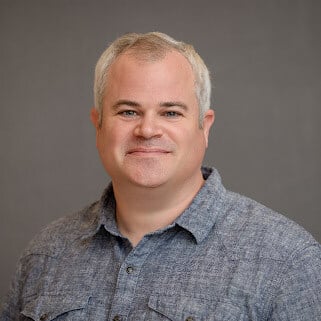
Travis Broome
Travis Broome
Travis Broome is Aledade’s senior vice president for policy and economics, working to perfect how value in health care is measured and shared while creating a sustainable future for independent primary care. Before Aledade, Travis directed Region VI operations for the Part A and B programs of CMS in the Dallas office. Joining CMS as a presidential management fellow, he wrote the first regulations of the CMS EHR Incentive Program. Before CMS, Travis helped develop public health research infrastructure in countries such as Pakistan and Uganda with the University of Alabama at Birmingham (UAB), where he received his MPH and MBA.
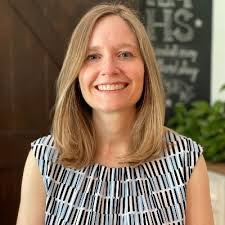
Casey Korba
Casey Korba
At Aledade, Casey Korba advocates to CMS and Congress to improve the landscape for independent primary care and community health centers as well as how to best strengthen the ACO model. Ask her about Aledade’s annual Physician Hill Day, the latest developments in telehealth policy and the ACO Primary Care Flex model and how to effectively address the social drivers of health.

Caroline Smith
Caroline Smith
Caroline Smith leads the State Policy Team at Aledade. She also is responsible for programmatic and strategic initiatives across the larger Policy Team. Ask her about advocacy at the local level, stakeholder engagement, the team’s monthly newsletter and anything project management.

Will London
Will London
Will London manages stakeholder relationships, developments in several state capitals and keeps Aldedade’s partner practices abreast on the latest health policy developments. He is responsible for Pennsylvania, Maryland, Virginia and New Jersey, and has expertise in legislative strategy, lobbying and government relations.
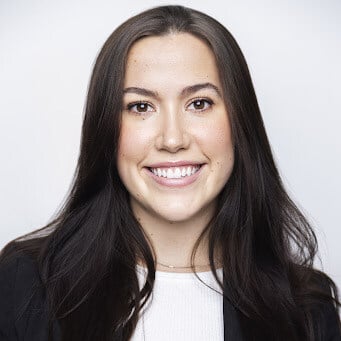
Jennifer Lyons
Jennifer Lyons
Jennifer Lyons drives advocacy efforts in the Southeast, analyzes state-level policy, manages stakeholder relationships and serves as a resource and collaborator to Aledade clinician advocates in the region. Ask her about primary care investment legislation, advocacy campaigns and state policy in Alabama, Arkansas, Florida, Mississippi or North Carolina.
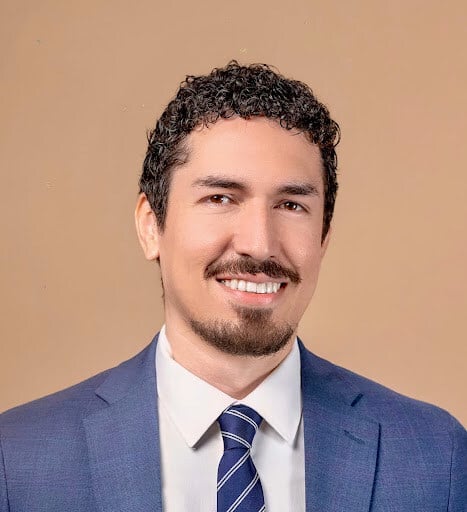
Gaston Lassalle
Gaston Lassalle
Gaston Lassalle oversees state policy and advocacy efforts in the Western United States, supporting partner practices and health centers in California, Colorado, Oregon, Washington and Kansas. In this role, he leads policy analysis, cultivates relationships with stakeholders and serves as a resource to clinician advocates. Gaston is experienced in federal and state legislative advocacy for primary care, health equity and community health centers.

Tom Goldon
Tom Goldon
Tom Goldon provides data and analytic support for both state and federal policy efforts. Tom also supports Aledade’s federal policy analysis and advocacy efforts. Ask him about ACO PC Flex, public reporting of quality measures and Aledade’s efforts at the federal level to improve primary care investment and population health.
Affiliations
